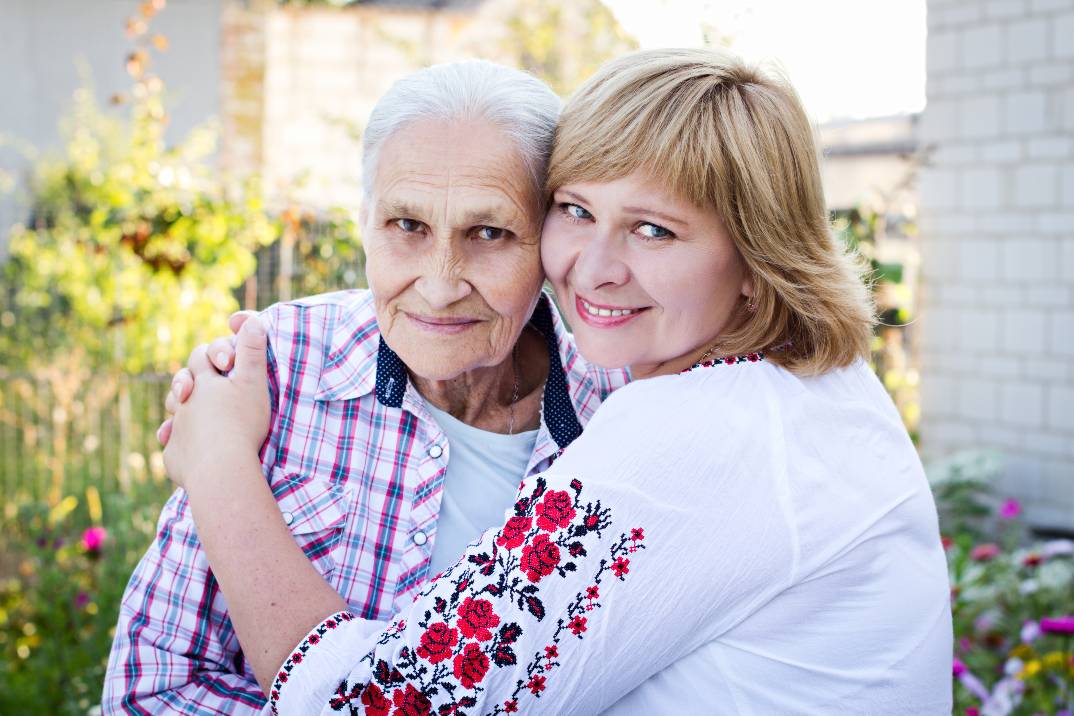
Careers Form
Early Signs of Dementia
Early Signs of Dementia
While Alzheimer’s disease accounts for 60%-80% of dementia cases, dementia isn’t a single disease but actually a wide range of specific medical conditions. The different signs of dementia are associated with brain cell damage in particular regions of the brain and can be severe enough to impair daily life and independent function. They can also affect behavior, feelings and relationships.
In the case of Alzheimer’s disease, the cells in an area called the hippocampus — the brain’s center of learning and memory — are often the first to be damaged. That’s why memory loss is usually one of the earliest symptoms of Alzheimer’s. We are proud of our Memory Care Facility in Daleville, VAl, which provides an innovative, and compassionate Alzheimer’s care. Contact us to learn more. Continue reading to discover causes and signs of dementia.
Causes of dementia.
While most changes in the brain that cause dementia are permanent and worsen over time, not all memory problems are dementia related. That’s why it’s important to consult with your doctor and rule out the suspected signs of dementia aren’t actually caused by one of the following conditions:
- Depression
- Medication side effects
- Excessive alcohol use
- Thyroid problems
- Vitamin deficiencies
- Strokes
- Infections
- Hormonal disorders
- Brain tumors
10 signs of dementia.
Some common early signs of dementia can be very subtle and may not be immediately obvious. If your loved one has several of the symptoms listed below, consult your family doctor for a complete assessment and recommendation on next steps.
- Disruptive memory loss: Forgetting recently learned information is one of the most common signs of Alzheimer’s disease. Other memory issues include forgetting important dates or events, asking the same questions over and over, and increased reliance on memory aids or family members for things they used to handle on their own.
- Disorientation: A person with dementia may have difficulty finding their way to a familiar place or lose track of dates, seasons, and the passage of time. They may also have trouble understanding something if it’s not happening immediately.
- Language problems: Someone with dementia may have trouble finding the right words to express themselves or substitute inappropriate words. They may also have difficulty understanding others.
- Planning problems: Dementia can cause people to have difficulty following a familiar recipe or keeping track of monthly bills. They may have trouble concentrating and take much longer to do things than they did before.
- Poor judgement: Dementia can affect judgement and decision-making. This could cause them to use poor judgment when dealing with money or pay less attention to grooming or keeping their home clean.
- Trouble with change: Forgetting people’s names or having trouble following a conversation can create fear. That’s why someone with dementia might crave routine and become afraid to try new experiences.
- Poor spatial skills: A person with dementia may have difficulty judging distance or direction. They can also have vision problems leading to difficulty with balance, reading, and determining color or contrast.
- Misplacing things: Someone with dementia may put things in unusual places or lose things and be unable to retrace their steps to find them. They may also accuse others of stealing.
- Mood changes: A person with dementia can have rapid mood swings for no apparent reason. They can become confused, suspicious or withdrawn. Or if someone is more reserved, they could suddenly become disinhibited or more outgoing.
- Apathy: A person with Alzheimer’s disease may lose interest in their hobbies, social activities, or spending time with friends and family. They could also start to seem emotionally flat.
Diagnosing dementia.
Forgetfulness and memory problems are normal parts of aging and don’t necessarily point to dementia. But if your loved one displays several signs of dementia, you shouldn’t ignore the symptoms. The best place to start the diagnostic process is by talking with your loved one’s doctor. An early-stage diagnosis of dementia is important for early treatment, support, and planning for the future. These six types of assessments can help to confirm or exclude a dementia diagnosis.
- Medical history: Current medical problems; family medical history; any medications being taken; and the problems with memory, thinking or behavior that are causing concern.
- Physical examination: Conducted to help rule out other conditions; may include tests of the senses, movement, and heart and lung function.
- Laboratory tests: Include a variety of blood and urine tests to identify any possible illness that could be responsible for the memory loss symptoms.
- Cognitive testing: Assessments of thinking abilities, including memory, language, attention and problem-solving can help identify specific problem areas. This can help identify the underlying cause or the type of dementia.
- Brain imaging: Scans to look at the structure of the brain to rule out brain tumors or blood clots in the brain as the reason for symptoms. They can also detect patterns of brain tissue loss or look at how active certain parts of the brain are to help differentiate between different types of dementia.
- Psychiatric assessment: This can help with identifying treatable disorders, such as depression, and managing any psychiatric symptoms, such as anxiety or delusions, that may occur along with dementia.
Memory Care at The Glebe
Dealing with a dementia diagnosis can be difficult for your loved one and your entire family. Our Memory Care community has been helping families just like yours find caring, respectful solutions. To learn more about our programs or the benefits of Memory Care at The Glebe, contact us here.

